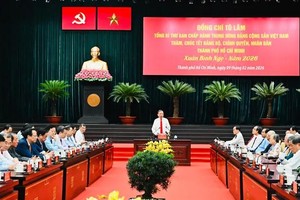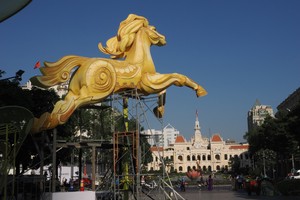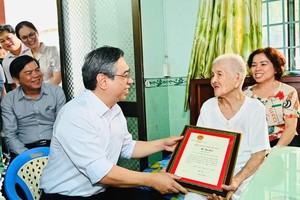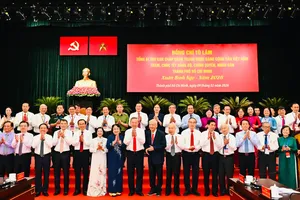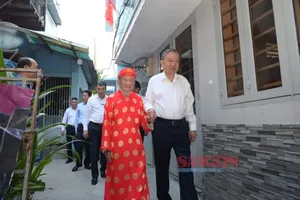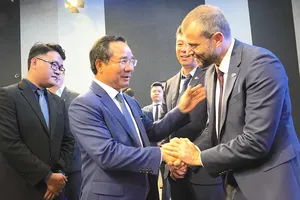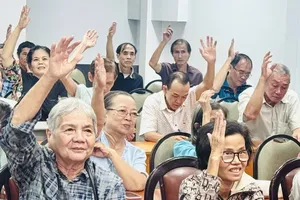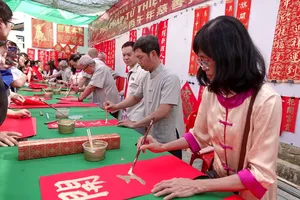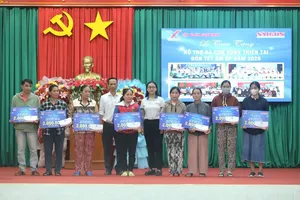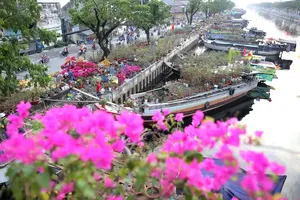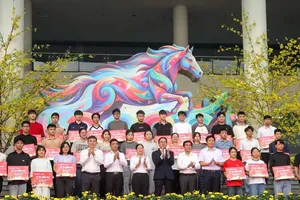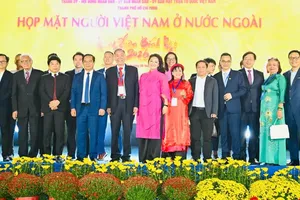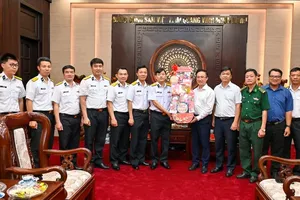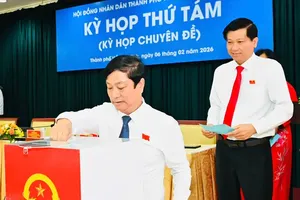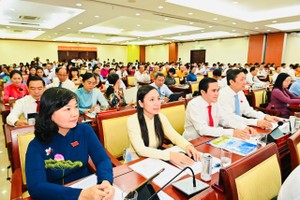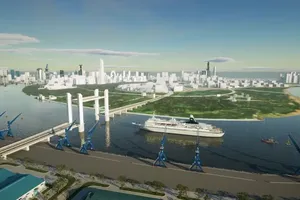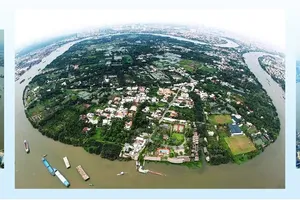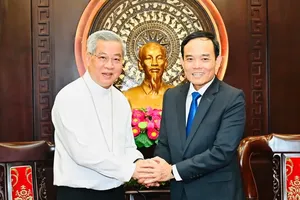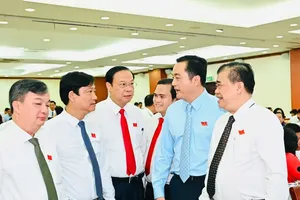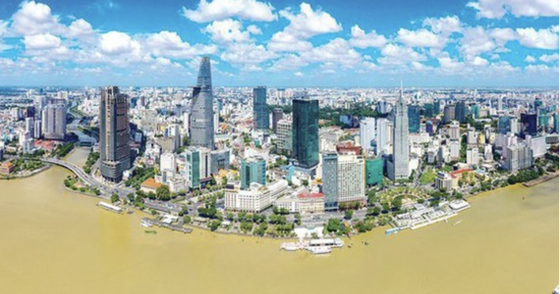 |
The resolutions issued especially for HCMC have allowed the city to make important breakthroughs |
Until now, HCMC has been given effective tools to perfect its governance system and mobilize all possible resources for its sustainable growth, coming from the three key resolutions of No.131 on Organizing an Urban Government in HCMC, No.1111 on Arranging Administrative Units at Rural District and Commune levels as well as Establishing Thu Duc City, and No.98 on Piloting a Number of Specific Mechanisms and Policies for the Development of HCMC.
Launched for 3 years, Resolution No.131 has brought about significant changes to HCMC. The city becomes more autonomous, active, and transparent. There has been a great reduction in the time to progress administrative procedures. The weakness of this resolution lies in the authorization at district level, leading to certain remarkable trouble.
For instance, the People’s Committee of a district or a ward is now just playing the role of a budget estimation unit, but cannot manage or use the surplus or reserved financial resource or even the increasing budget revenue. This severely affects the activeness in financial management in order to timely satisfy any urgent needs that have arisen locally.
Another matter is the necessity to maintain the role of police chief and leader of the military command in the structure of a People’s Committee at district and ward level due to population scale and current social status in various wards and districts in HCMC.
It is unavoidable that inadequacies still exist in the governance and planning (between the urban scale and management model) of such a large city with a population of over 10 million people. The assessment according to the Provincial Competitiveness Index (PCI) and the Public Administrative Performance Index (PAPI) in the 2016-2022 period reveals a clear drop in many important indicators. Despite the city’s efforts to improve this situation, positive results are nowhere to be seen.
The administrative organizational model itself displays several weaknesses. There are low results regarding the participation of city dwellers at the grassroots level, transparency in policy making, and the accountability to the public. These all lead to limits in forming a close bond in the community or the active participation of residents in socio-political activities.
Therefore, in the upcoming time, it is critical to integrate Resolution No.131 and Resolution No.98 in order to take advantage of both legal documents in establishing a strong urban government so that the latter can help tackle any inadequacies in the former.
For example, Resolution 9 allows HCMC to decide the suitable number of civil servants, public employees, and part-time officials at each ward, commune, and town according to the workload, the population scale, the nature, and current business activities in that locality.
HCMC should also review and promote power decentralization and authorization from the central Government to the city, and then from the city (for the roles of the People’s Committee, the People’s Council, and the Chairman of the municipal People’s Committee) to the local authorities of each district and Thu Duc City.
Simultaneously, the National Assembly's program of developing legal documents for the Special Urban Law should be introduced in HCMC so as for the city to perfect its structure to become simpler, more modern, more effective for the sake of sustainable development.
